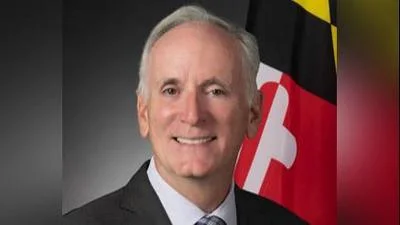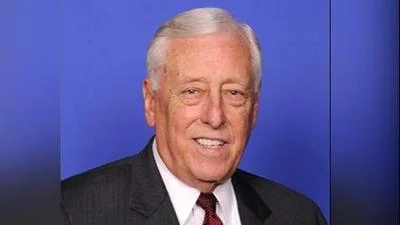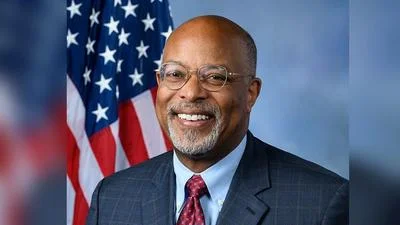Maryland Chamber of Commerce issued the following announcement on March 5.
With just over a month to go in Maryland’s 2019 legislative session, the Maryland Chamber of Commerce’s government affairs team is busier than ever. With Crossover Day approaching, March 18th, Vice President of Government Affairs Larry Richardson and Policy Analyst Sam Schlaich have many key bills to weigh in on before the pass. In short—the coming weeks are crucial.
From issues with cannabis in the workplace, to online sales tax and updates to the $15 minimum wage bill—here’s your download on the latest business-related bills:
SB 854 – Workers’ Compensation – Medical Cannabis – Compensation and Benefits
How to approach medical cannabis and the workplace has been front of mind for many employers this session. SB 854 would authorize an employer or its insurer to provide medical cannabis to an employee receiving workers’ compensation benefits as part of treatment. The bill also states that an injured employee may be denied compensation benefits if an on-the-job accident occurs due solely to the effect of medical cannabis. This includes medical cannabis within medications an employer, or its insurer, is required to provide.
Any employee that has been injured under the influence, even if for medical reasons, will not be covered under the employer. The Maryland Chamber is in favor of this bill because it would greatly reduce the burden of payment by an employer, especially for small businesses.
As these types of issues continue to percolate, the Maryland Chamber Foundation will continue to host its human resources advisory group that addresses the use of medical cannabis in the workplace. Other topics of discussion include:
Paid leave
“Second chance” business liability
Workplace flexibility (“Telecommuting”)
Talent recruitment and retention
If you are a human resources professional looking to help influence policy in Maryland, email Sam Schlaich at sschlaich@mdchamber.org and join our advisory group.
HB 1301/SB 728 – Sales and Use Tax – Collection by Marketplace Facilitators
In June of last year, the United States Supreme Court ruled in South Dakota v. Wayfair that South Dakota’s law, which required out-of-state businesses to collect and remit sales tax back to the state of the original purchase, was not burdensome on interstate commerce and therefore did not violate the dormant Commerce Clause of the U.S. Constitution.
Previous to this ruling, in order for a state to collect sales tax on items sold online to state residents from an out-of-state-seller, that seller had to have a physical “brick-and-morter” store or employee presence in that state. Maryland currently requires a physical presence in order for this online sales tax to be collected. HB 1301/SB 728 would change that to reflect legislation resembling South Dakota’s.
HB 166/SB 280 – Labor and Employment – Payment of Wages – Minimum Wage (Fight for Fifteen)
If you’ve been tuning in this legislative session, you know one of the hot topics this year is the minimum wage. The Maryland Chamber has been following this closely and fighting against an increase to $15. This higher minimum wage would be a detriment to small businesses across the state and many business owners are considering moving across state lines to operate if this passes.
The business community is exploring potential revisions to the bill as it has come out of the House, including additionally modifying the wage climb to be $0.50 per hour, instead of $0.75 per hour, extending the period until the minimum wage hits $15 to 2027 and exploring exemptions based on number of employees and employee age.
Original source can be found here.

Source: Maryland Chamber of Commerce






 Alerts Sign-up
Alerts Sign-up